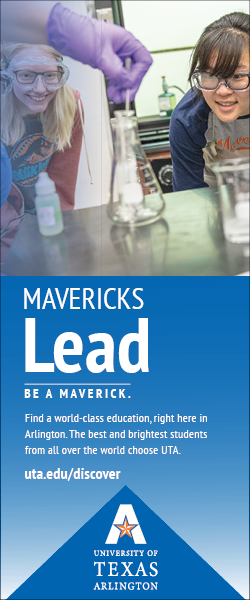Melanie (a pseudonym) was 16 and cheerful, hard working and dutiful, the first to raise her hand to volunteer, the last to leave when things weren’t quite done. Tall and slender, with piercing green eyes and perpetually frizzy hair, she had what she referred to as a steady boyfriend, much to her mother’s unease.
Giving her teenage, independence-seeking daughter space was mom’s way of giving trust. So she let the boyfriend slide.
Until Melanie began to slide herself.
Homework stopped, grades slipped. She cut her hair. Got a tattoo. She was distant, withdrawn.
A teacher at Melanie’s high school called home. “You noticing this, too?”
Then Melanie came home one day with cuts on her right arm. Tiny slashes from a switchblade. That was it for mom.
“We knew we needed to get her help.”
Turns out the boyfriend, 19, was emotionally and physically abusive. Melanie experienced the sort of emotional trauma that has driven many teenagers to suicide. She eventually got help in therapy but never returned to her high school.
“She’s doing well,” says her mother.
Schools and mental health have long been distant brethren, watching one another warily and wearily, as though one would rather go on without the other, if that were a possibility.
It isn’t.
Slowly, school districts have begun to shift such thinking with more emphasis on in-house social workers.
Then there’s the University of Texas at Arlington, where Arlington ISD students have another place to turn. It’s a partnership that has been something of a best-kept secret for some time now.
AISD’s alliance with UTA’s School of Social Work provides treatment for students with mental challenges, from stress and hyperactivity to anxiety and depression.
Guidance counselors and social workers refer students to the School of Social Work’s Center for Clinical Social Work (CCSW), where licensed clinical staff and masters-level interns are able to diagnose and counsel students, no matter the age.
AISD Superintendent Dr. Marcelo Cavazos has characterized the program as a critical collaboration, adding how “this opportunity for counseling is one step to improving the future of our students.”
Opportunity is the key word, says Pamela Johnson, the CCSW director. Because the counseling sessions are free with flexible after-school appointments, students who otherwise could not afford such counseling are able to get the help they need.
“Children have a hard time being successful in school while dealing with life’s problems,” Johnson says.
CCSW sees them all, from the serious mental health conditions to the developmental challenges of emerging adulthood or higher responsibilities at home, like the pressure of having to work to help pay bills. Others face sensitive trials such as exposure to adverse childhood abuse and neglect.
“Divorced parents or incarceration can have a profound impact on mental health,” Johnson says. “We don’t really think about that.”
CCSW began when a pair of UTA professors wanted to work with struggling Arlington students. At least five interns work the center, with a caseload of about 20 people a week, providing counseling services and interventions.
“We see them for about six to eight sessions,” she says. “But also as long as they need, if we feel like six or eight sessions are not enough.”
If they need longer, they stay longer.
With families being more mobile and often both parents working, it’s a challenging time to grow up.
Melanie’s mother, a single parent with two other children, feels guilt-ridden for “dropping the ball” with her daughter.
She shouldn’t.
“Parents have their own concerns and worries that sometimes they are just trying to feed and clothe their kids,” says Johnson, who adds that looking at “the whole ecological system” means parents and other family members can be counseled, as well. “Many things play into why students have these challenges. That’s why it’s so important to have someone to help navigate the problems of life.”
















